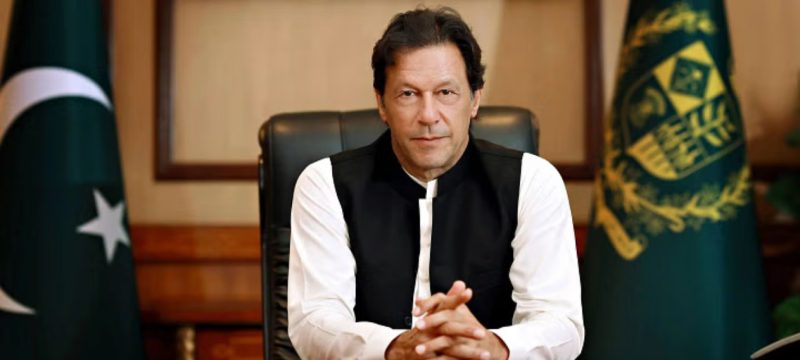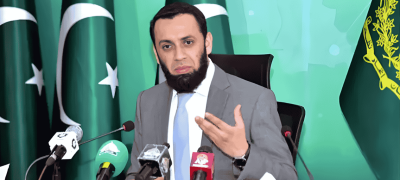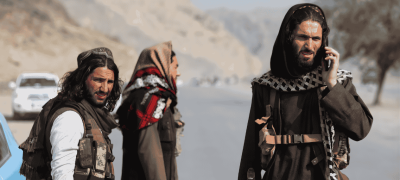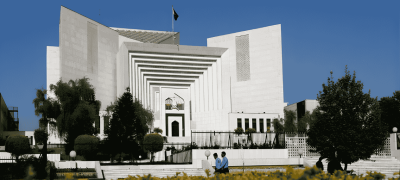Imran Khan, chairman of Pakistan Tehreek-e-Insaf (PTI), remains in solitary confinement, a decision that has stirred significant debate across political and public circles in Pakistan. His detention, and the severe restrictions placed on meeting him, has polarized opinions, with the government justifying the move on security and legal grounds, while PTI and its supporters view it as an assault on democracy and fundamental rights.
In this article, we will explore both perspectives, keeping PTI’s viewpoint, while also addressing the government’s reasoning behind keeping Khan in isolation.
PTI’s Perspective: A Case of Political Suppression
For PTI and its supporters, the solitary confinement of Imran Khan is nothing short of political repression. They argue that the decision to isolate him is not about security or legal proceedings but about neutralizing a key opposition figure in the lead-up to the next general elections.
- Silencing Dissent and Stifling Leadership
Khan’s solitary confinement is designed to silence one of the most influential voices in Pakistan’s political landscape. His imprisonment and the restrictions on communication with his legal team, family, and party members are seen as deliberate efforts to prevent him from organizing his political base or preparing for legal battles. PTI believes that the government is using incarceration to stifle the leadership of their party, making it difficult for Khan to strategize or communicate with his supporters, thus weakening PTI ahead of the upcoming elections.
- Violation of Fundamental Rights
PTI has repeatedly emphasized that the isolation of Imran Khan violates his basic human rights, particularly his right to a fair trial and access to legal representation. They argue that the government’s refusal to allow visitors, including lawyers, to meet him has undermined due process. For PTI, this restriction is more than a security measure—it’s a tactic to wear down Khan’s defense and prevent him from effectively challenging the numerous legal cases against him.
- Health and Well-being Concerns
Another major concern for PTI is the state of Khan’s health. Being in solitary confinement can take a toll on a person’s physical and mental well-being. The party has raised alarms about the lack of transparency regarding his health and well-being, fearing that his isolation is not only aimed at silencing him politically but could also endanger his life.
- Political Undermining
PTI sees this as part of a broader strategy by the current government and the establishment to eliminate their party’s influence. The solitary confinement, they argue, is not just an act of punishment, but a calculated move to ensure that Imran Khan’s voice and message are completely suppressed during a critical period in Pakistan’s political landscape.
- International Criticism and Democratic Backlash
From PTI’s perspective, this move has also damaged Pakistan’s democratic credentials on the international stage. They believe that the solitary confinement of a political leader—without due process and with limited transparency—paints Pakistan as a country where political freedom is being actively repressed. PTI has called upon international bodies and human rights organizations to take notice of what they see as the government’s unlawful actions.
Government’s Perspective: Justifications for Solitary Confinement
The government, on the other hand, has provided a different narrative to justify the solitary confinement of Imran Khan. According to officials, the decision is based on security concerns, legal considerations, and ensuring stability during a volatile political period.
- Security Concerns
The primary justification given by the government for Khan’s solitary confinement is security. Given the political climate and the security risks associated with his high-profile status, authorities argue that placing him in isolation is necessary to protect him from potential harm. They claim that allowing visitors or placing him in a general prison population could expose him to threats from within or outside the facility.
This reasoning suggests that the isolation is for Khan’s own safety, not as a means of political suppression. Government officials have pointed to the possibility of assassination attempts, citing historical precedents where high-profile political leaders have been attacked while in custody.
- Preventing Unrest
Another point made by the government is that allowing Khan unrestricted access to visitors, especially party members, could incite unrest or trigger political mobilization that might destabilize the country further. Pakistan has experienced widespread protests and violence in the past, particularly after Khan’s arrest. Keeping him in isolation, they argue, prevents him from giving any directions that could lead to more unrest in the streets.
From the government’s perspective, maintaining public order is paramount, and limiting Khan’s access to the outside world is a preventive measure to avoid further instability.
- Legal and Judicial Proceedings
The government has also pointed to ongoing legal cases against Khan as part of the rationale for restricting access. They argue that allowing too many visitors could interfere with the judicial process, either through media manipulation or undue influence. In this context, the government maintains that solitary confinement is necessary to ensure that Khan’s legal proceedings are carried out without external pressure.
- Precedents for High-profile Political Prisoners
Government representatives have also pointed out that there is precedent for isolating high-profile political prisoners for their own safety and to ensure stability. They argue that Khan’s detention is not unique and that other political leaders in Pakistan’s history have faced similar restrictions when the stakes were high, and national security or political stability was at risk.
- Allegations of Undue Influence and Communication Channels
Lastly, the government claims that even in solitary confinement, Imran Khan may still have access to certain informal communication channels. They argue that despite the restrictions, Khan has found ways to send messages to his supporters and party members, and that solitary confinement is an attempt to prevent him from exercising undue influence while legal proceedings are underway.
Conclusion: A Deeply Divisive Issue
The solitary confinement of Imran Khan has become a flashpoint in Pakistan’s already tense political climate. PTI and its supporters view it as a politically motivated attempt to weaken their party and suppress democratic freedoms. They argue that the isolation of their leader is an extreme measure aimed at silencing dissent and removing Khan from the political playing field at a critical moment.
On the other hand, the government maintains that the decision is driven by security and legal considerations. They argue that the volatile political situation and the high-profile nature of Khan’s cases require special precautions, including isolation, to ensure his safety and to prevent further unrest.
Ultimately, the solitary confinement of Imran Khan is a symbol of the larger political battle raging in Pakistan, and the debate over whether it is justified or not will likely continue as the country moves closer to the next election. For PTI, however, the message is clear: they believe their leader’s isolation is a direct attack on democracy itself.









